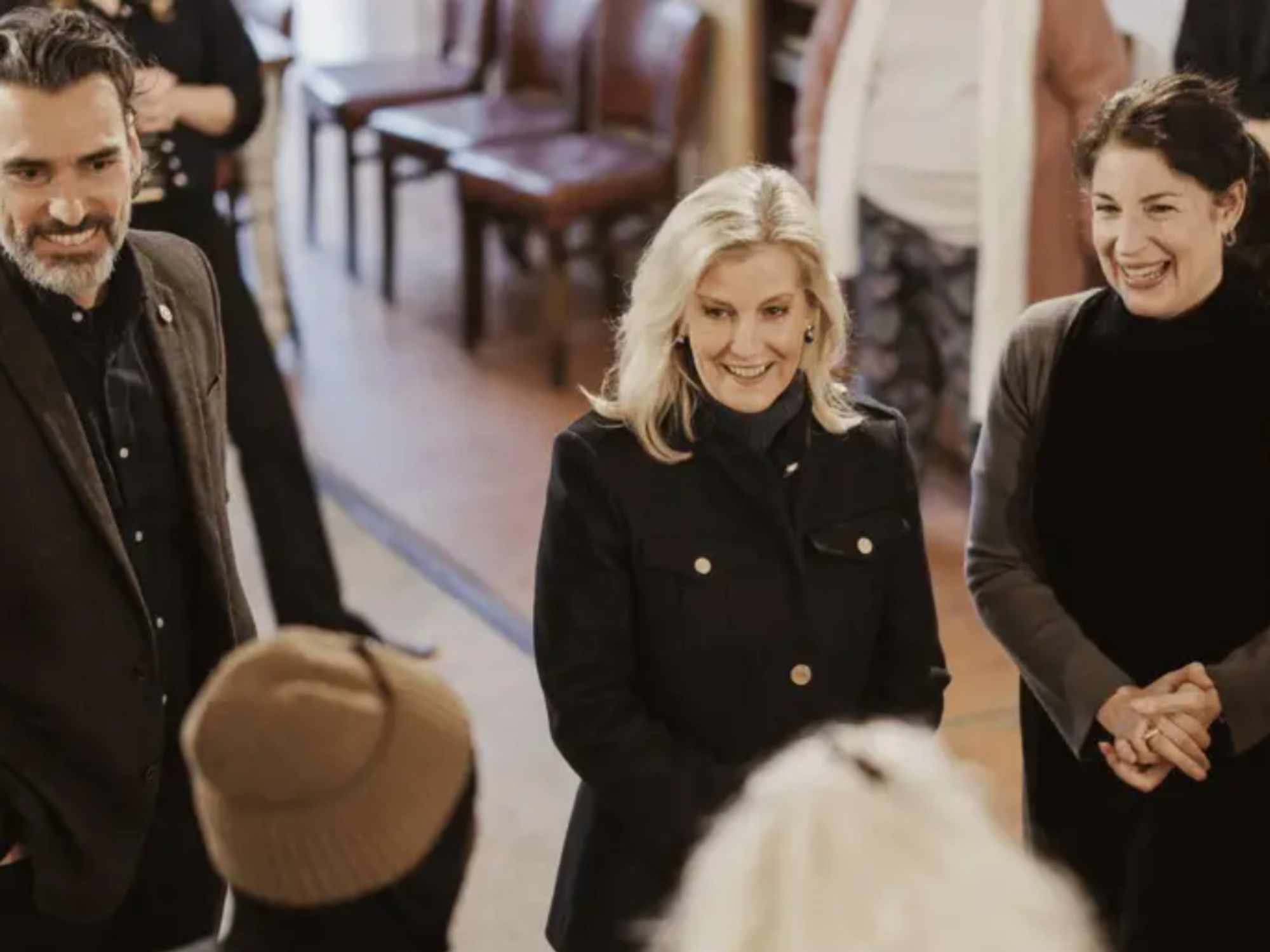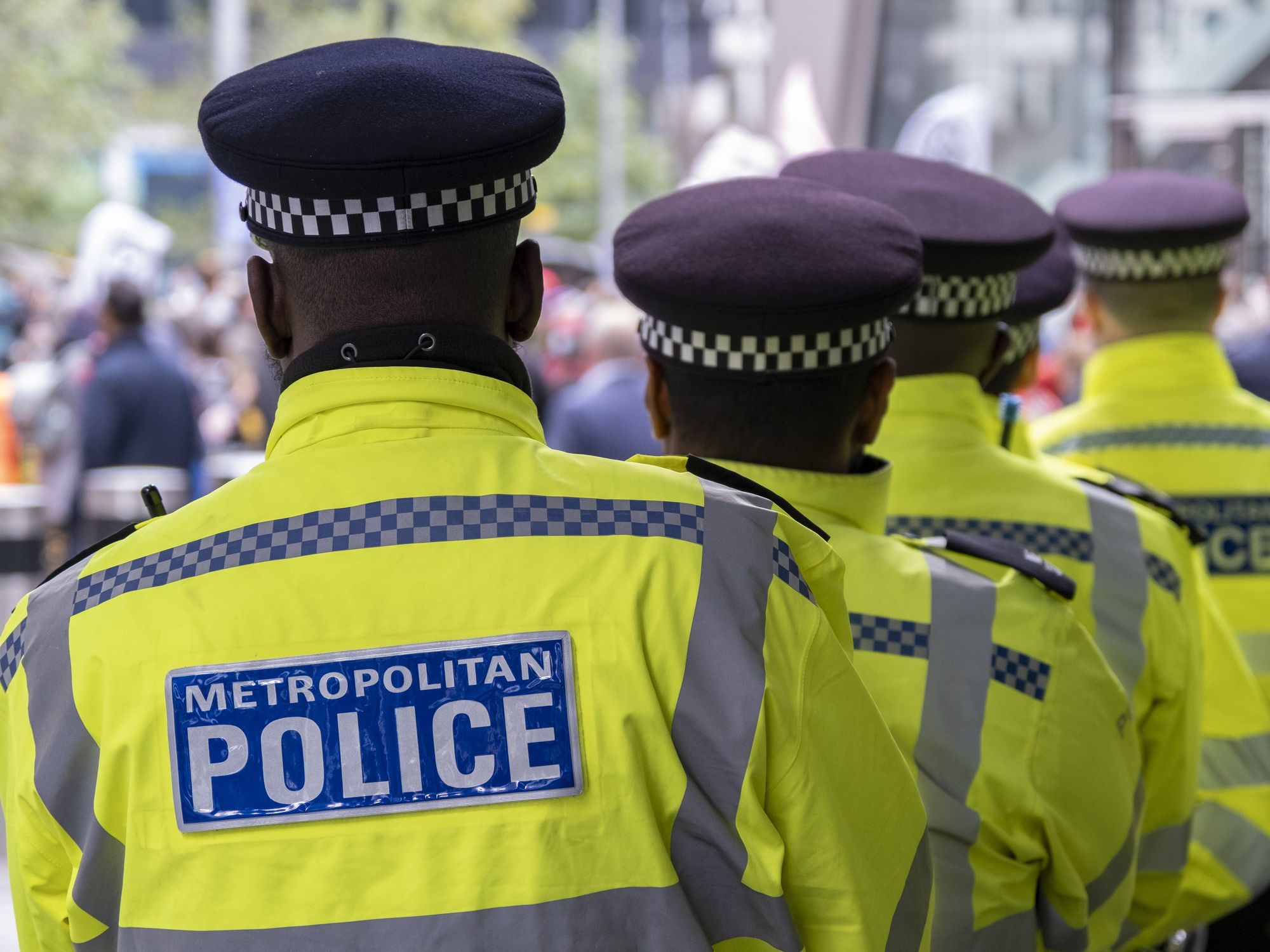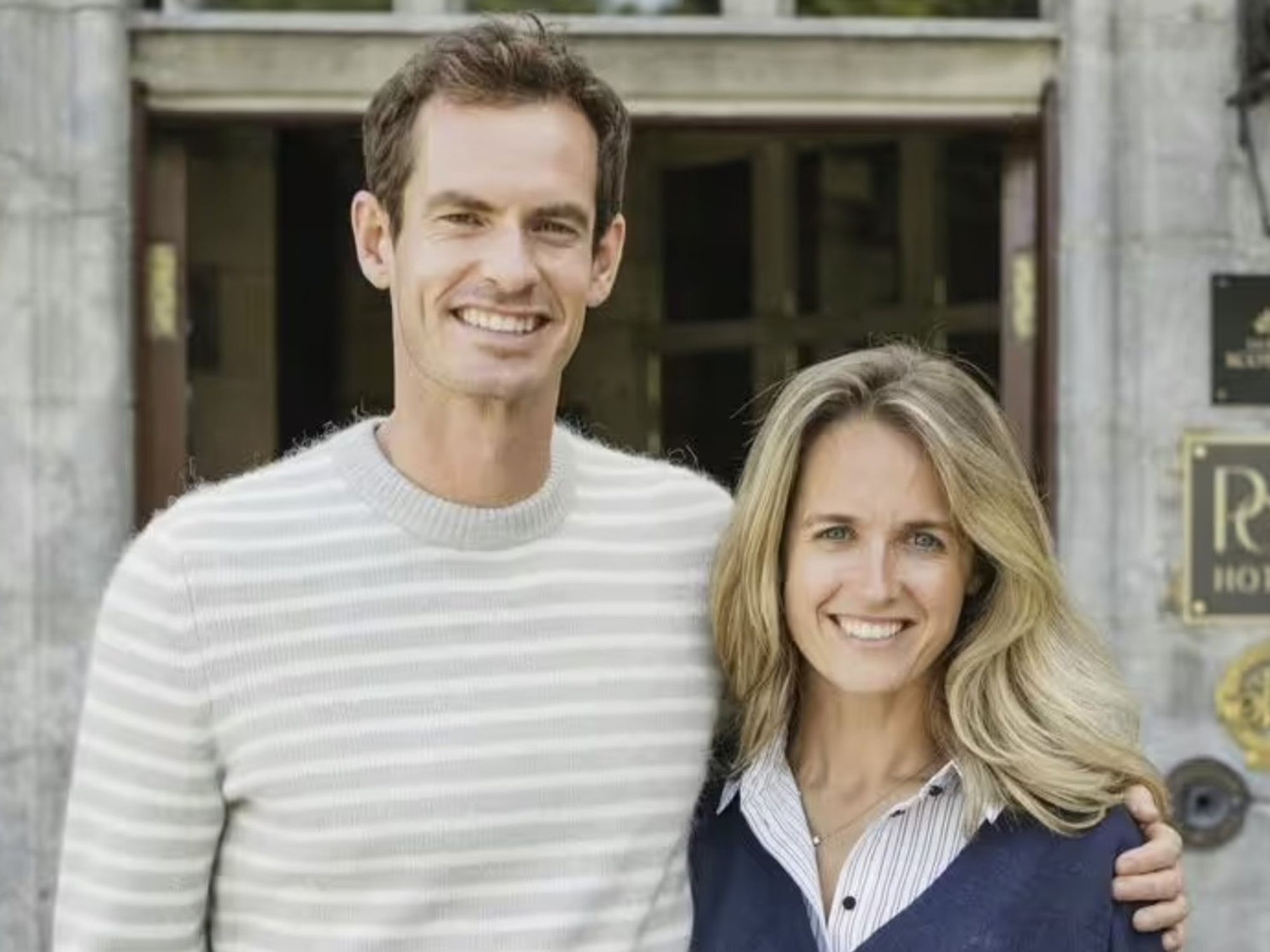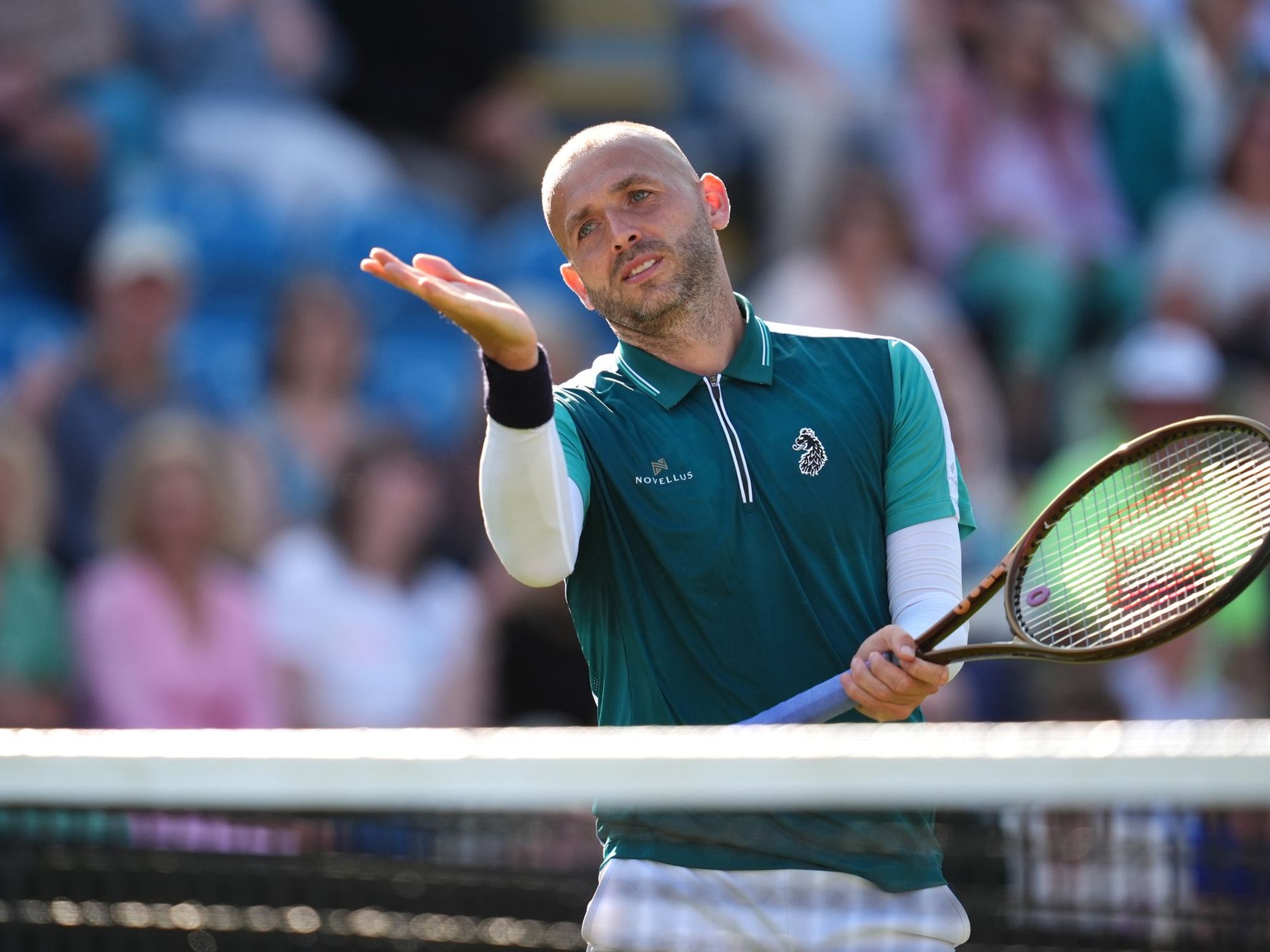‘Britain is being torn apart by extremism – but we may be looking at it from the wrong angle,’ writes Mark Littlewood
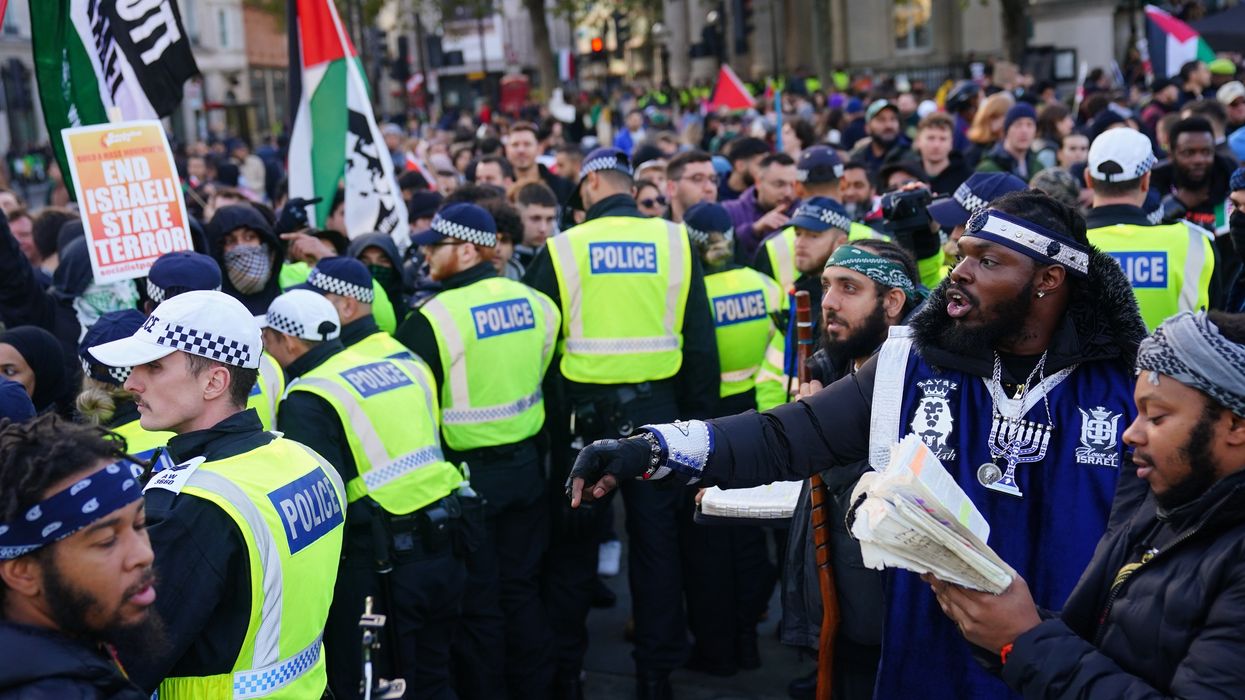
‘Britain is being torn apart by extremism – but we may be looking at it from the wrong angle,’ writes Mark Littlewood
|PA
Too much moderation or indifference in key areas would be a disaster, writes Mark Littlewood
Don't Miss
Most Read
Latest
In public debate, the idea abounds that Britain is being torn apart by extremism. In the wake of George Galloway’s by-election victory in Rochdale, Rishi Sunak took the unusual step of telling us so from a podium on the steps of Downing Street. Pronouncements from the steps of No10 are usually reserved for the first words of an incoming Prime Minister or the last words of an outgoing one. Or to refer to some highly significant specific event – for example, calling a General Election. So, for Rishi Sunak to use such a platform simply to announce that he was going, in due course, to unveil an “extremism framework” shows how much this issue has rocketed up the political agenda.
My fear, however, is that we are approaching this whole topic from the wrong angle and looking at the problem down the incorrect end of the telescope.
In literal terms, extremism itself is not, in and of itself, necessarily a national predicament. It was the 1964 Republican Presidential candidate, Barry Goldwater, who said “Extremism in the defence of liberty is no vice. And moderation in the pursuit of justice is no virtue. Moderation in the protection of liberty is no virtue; extremism in the defence of freedom is no vice.”
Goldwater’s wise words are surely as true today as they were sixty years ago. We surely don’t mind someone saying, for example, “I am incredibly staunch, indeed unbendable, in my commitment to freedom of speech,” or an individual opining that “I will broker absolutely no compromise when it comes to defending trial by jury.”
Not only would we tolerate such robust positions, but we would be concerned if we had a citizenry who took a mild-mannered or largely indifferent position on these matters. If the average Briton starts to take the view that freedom of expression is broadly fine, but not something to get too worked up about or that they aren’t overly bothered about whether those charged with a criminal offence get a fair trial, then the fabric of our society would rapidly tear apart. Too much moderation or indifference in key areas would be a disaster.
I think the real issue is where we draw the line around tolerance. This is where we seem to be allowing public discourse to take a strange and unwelcome turn. Too often in debate, especially on social media, we inhabit our own echo chambers and, when we do talk with “the other side”, it is usually to play the man, not the ball. Rather than engage in rational, logical argument, the aim often seems to be to smear your opponent as a racist or a “~phobe” of some variety or another.
MORE AGENDA-SETTING OPINION: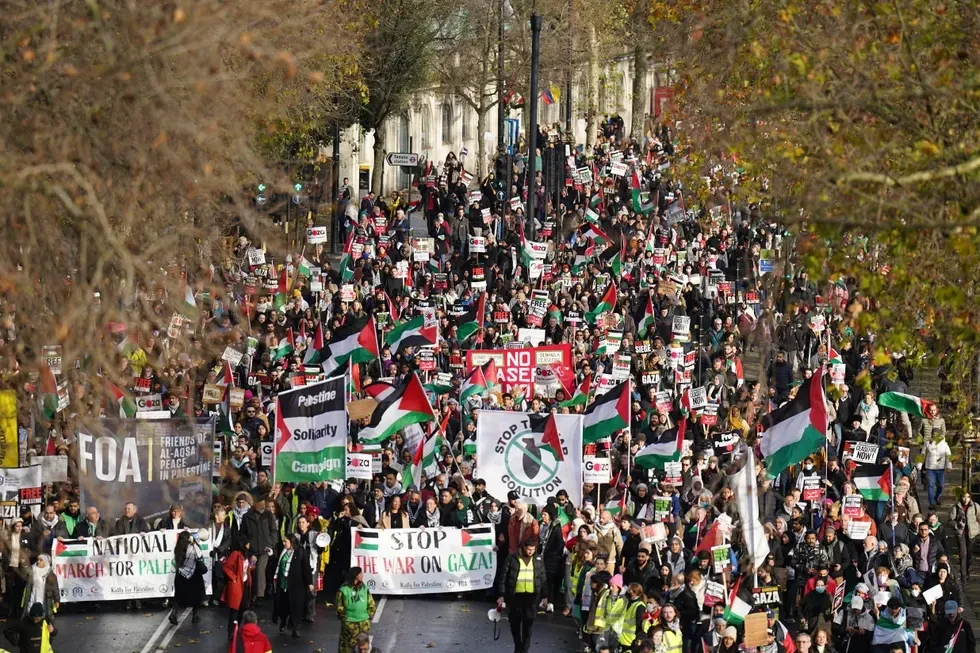
Pro-Palestinian rally
| PAIn my previous job at the Institute of Economic Affairs, the question I was asked more than any other was not “why do you think lower taxes would help the poor not just the rich?” or “wouldn’t reform of the NHS limit many people’s access to healthcare?” but simply, “who funds you?”. Of course, the people posing that question weren’t really interested in who funds the IEA, they just merely wanted to cast doubt on the IEA’s sincerity.
We are also incredibly unforgiving about someone who says something we find offensive, even if they latterly express sincere regret. We no longer say that someone said something that was “over the top” or “not okay”. We have to express our (supposed) total outrage and clinical shock. Saying something deemed “not okay”– even in an offhand and rather casual manner – is potentially a career-ending offence. The extremism we need to worry about is not the views or opinions that people express but the way that unfashionable, even wrong-headed, opinions are so swiftly stamped on.
If we want to tackle extremism in society, we need to focus on what people do, not what people say. We have elevated “causing offence” to the level of essentially being a mortal sin. I want a society in which a multitude of conflicting opinions are freely aired and expressed. And I want us to be rather extreme in our robust defence of freedom of expression. Then we can focus our efforts on what the small number of genuinely dangerous extremists might actually do, rather than what a vast swathe of people might simply say. That would be an “extremism framework” that could actually work.





